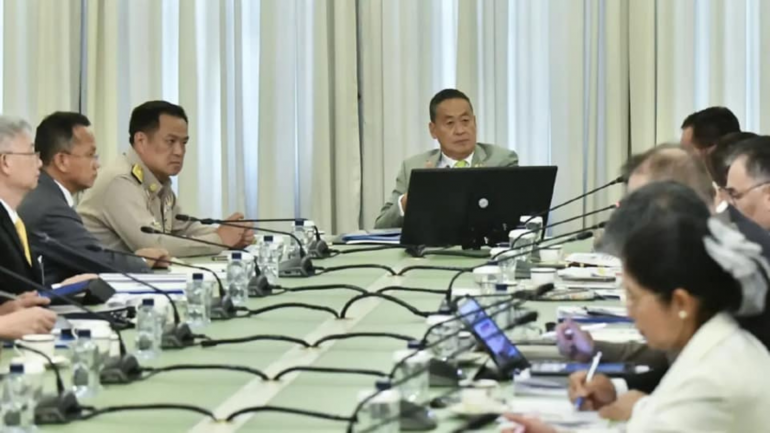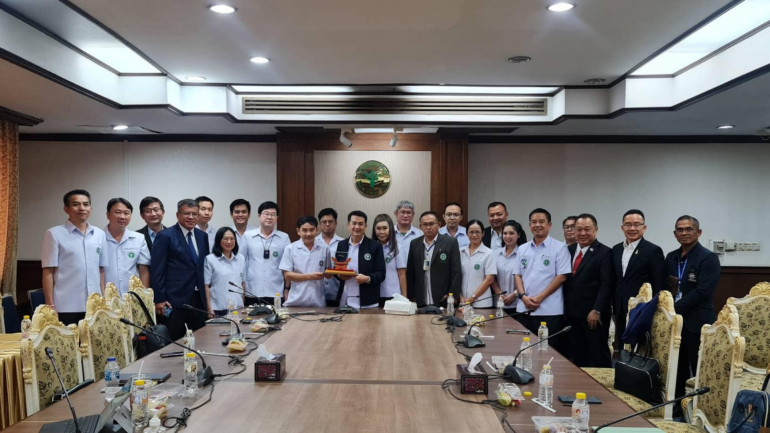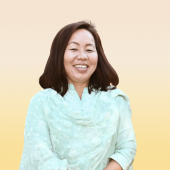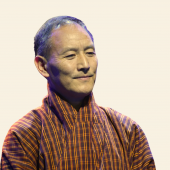Magsaysay Awardee Rural Doctors Movement: A Champion of Healthcare in Thailand
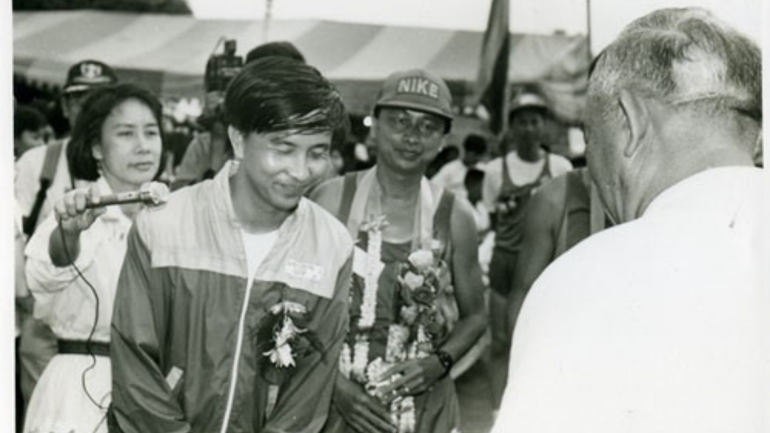
The decades-long activism of these physicians contributed to the implementation of universal health coverage (UHC) in Thailand in 2002, benefiting the country’s rural communities as a result.
Under the UHC, the citizens can access the full coverage of quality health services in the state free of charge.
Prior to the implementation of the UHC (known in Thailand as the Gold Card), the civil servant medical welfare scheme, and social security scheme covered medical treatments, but not health promotion and prevention, said Dr. Vichai Chokevivat, a leading figure in the movement.
“With a limited budget, the Gold Card scheme courageously covers all curative, preventive, promotive, and rehabilitative measures,” he said. “There are now more than 100 items of prevention and promotion, including medical check-ups. All medicines in the National Essential Medicine List are free.”
The volume of patients in hospitals in Thailand grew following the implementation of the UHC.
The Bangkok Post reported on August 19, 2024, that “the number of patients has increased by 400%, especially after the launch of the scheme's ‘cancer everywhere’ policy.”
Despite observations from critics, who see Thailand’s UHC as a populist policy, that it could not be sustained for a very long time, the Rural Doctors Movement is confident about its sustainability.
“The governing board of the National Health Security Office consists of more than 30 members,” Chokevivat said. “Our members and allies are part of the board and committee. Furthermore, we set up many organizations to do work and research on every aspect to support our work.”
Article 47 of the National Health Security Act of 2002, requires local governments to participate in the UHC, Chokevivat explained.
Article 47 of the National Health Security Act of 2002, requires local governments to participate in the UHC, Chokevivat explained.
“The National Health Security Office had set up mutual funds for health at the local levels,” he said. “There are now more than 7,500 funds throughout the country, mostly in rural areas.”
The governing boards of the funds consist of people in the communities, Chokevivat noted.
“The people can propose projects using the money in the fund for their health,” he said. “Every year, there are more than one hundred thousand projects implemented. I, myself, served as the chair of the committee overseeing these works for more than 10 years.”
The movement raises the health awareness of rural community members, especially the economically challenged ones, and encourages their involvement.
“People fully participate in the governing boards of NHSO and many other working groups,” Chokevivat said. “We try to empower them by engaging them in many projects of their own.”
The movement’s advocacy is well-supported by the people.
“We try to be partners with like-minded people,” Chokevivat said. “So far, most people support us quite well. A few years after launching the Gold Card scheme, the satisfaction rate among people was about 80%, but now it's more than 90 percent. The satisfaction rate among healthcare providers at the beginning was around 40 percent, but now it's about 75 percent.”
The board exercises transparency and enforces accountability.
“We try to make everything transparent and accountable,” he said. “During the board meeting, we open for the public to observe and listen.”
Chokevivat noted that they have reformed the budgeting system of the NHSO. The items of the health package are clearly stated, including the number of people benefitting from the budget.
“In cases of cutting any budget, it must be shown who is responsible for that decision and what is the reason,” he said.
These doctors also address additional costs imposed on patients by health institutions.
“Not only the poverty remains, the disparity is also widening,” Chokevivat said. “Many hospitals try to charge for ‘extra billing’ from the patients. We have set up the system in the “Quality and Standard Control Board” of the National Health Security Fund to address these problems.”
Complaints on extra billing are considered by a standing committee that demands the hospitals to return the money to the patients with 7 percent interest, he noted.
The movement is a unified force of the Rural Doctors Society (RDS), and the Rural Doctors Foundation (RDF).
The movement was formed in response to the need for quality and equitable healthcare access, especially in rural communities in Thailand. The pro-democracy movement in the 1970s roused many doctors to address rural healthcare issues.
This year, the Ramon Magsaysay Awards recognized the movement’s notable work in providing rural communities with access to quality and full-range coverage of healthcare services.
Radio Veritas Asia (RVA), a media platform of the Catholic Church, aims to share Christ. RVA started in 1969 as a continental Catholic radio station to serve Asian countries in their respective local language, thus earning the tag “the Voice of Asian Christianity.” Responding to the emerging context, RVA embraced media platforms to connect with the global Asian audience via its 21 language websites and various social media platforms.





